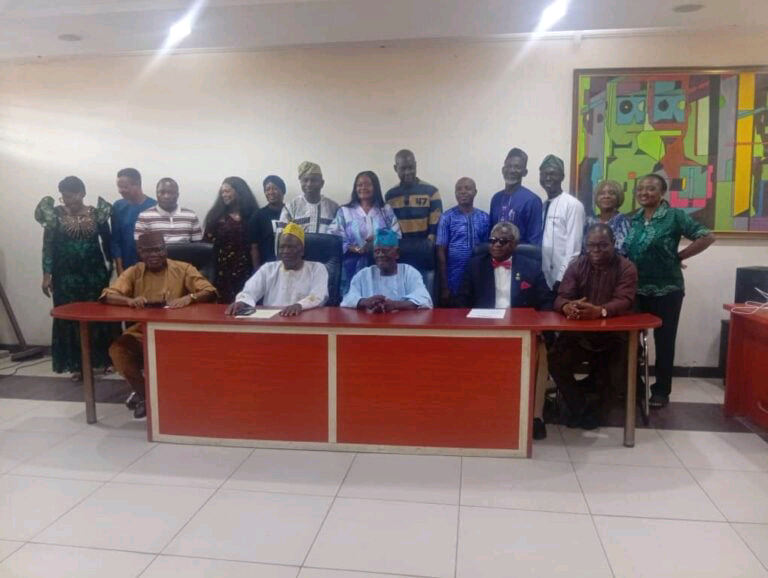Reps Query NERC, Others Over ₦59bn Metering Fund
The House of Representatives has commenced an in-depth investigation into the disbursement and utilisation of ₦59 billion allocated for the National Mass Metering Programme (NMMP), amid growing concerns of mismanagement, lack of transparency and failure to deliver on its promises.
The programme, which was introduced in 2020 under the Central Bank of Nigeria (CBN)’s intervention scheme, was designed to close the country’s electricity metering gap, end the controversial practice of estimated billing, improve revenue collection for electricity distribution companies (DisCos), and encourage local meter manufacturing. Lawmakers however say despite the release of billions of naira, millions of Nigerians are yet to be provided with prepaid meters, raising questions over how the funds were applied.
According to documents before the House Joint Committee, a total of ₦59.28 billion was approved for the project, out of which ₦55.4 billion has already been disbursed. The money was managed through the Nigerian Electricity Regulatory Commission (NERC), NESI Stabilisation Strategy Limited (NESI-SSL), and Meristem Wealth Management Limited, the appointed fund manager.
The Chairman of the Joint Committee, Hon. Uchenna Harris Okonkwo, explained that preliminary findings revealed contradictions and inconsistencies in the execution of the programme, insisting that there is little evidence that the resources have translated into tangible benefits for consumers. He stressed that Nigerians continue to face the burden of estimated billing despite government assurances.
Lawmakers also queried the role of NESI-SSL and Meristem in the management of the fund, particularly a controversial revenue arrangement reportedly approved by NERC, which allows Meristem to collect 0.5 percent of DisCos’ annual revenue until 2030. Members of the committee argued that such a deal lacks clear legal backing and demanded a full explanation.
In addition, NERC’s reports claiming that meters have been deployed in major cities including Abuja, Lagos, Enugu, Ibadan, Jos, Kano and Yola are being challenged, as legislators insist those claims remain unverified.
The committee has vowed to conduct physical inspections in the affected states to determine the accuracy of the figures presented.
To this end, NERC, NESI-SSL and Meristem have been summoned to produce records of disbursements, procurement contracts, vendor details and evidence of installations.
The committee warned that any attempt to frustrate the investigation would attract sanctions as provided under the constitution. Lawmakers also indicated that the scope of the probe may be expanded to include DisCos and local meter manufacturers.
The controversy over the metering fund has reignited public anger as millions of consumers remain trapped under estimated billing, a system long criticised as exploitative and unfair.
Many Nigerians continue to complain that despite years of government interventions and promises of reforms, prepaid meters remain scarce, while electricity tariffs continue to rise.
Analysts argue that the failure of the NMMP is a reflection of systemic weaknesses in the power sector, where funds are released but results remain minimal due to poor accountability and weak oversight.
Hon. Okonkwo maintained that the investigation is not just about financial scrutiny but also about fairness to Nigerians. He emphasised that the programme was conceived to bring relief to households and businesses, not to enrich a few stakeholders.
According to him, the House will ensure that every naira released is accounted for, and that the metering gap is genuinely addressed.
The findings of the ongoing probe are expected to shape the future of Nigeria’s metering policy and influence whether the NMMP will be restructured or expanded.
Until then, electricity consumers remain sceptical, waiting for the prepaid meters that were meant to end the long-standing problem of arbitrary billing.







